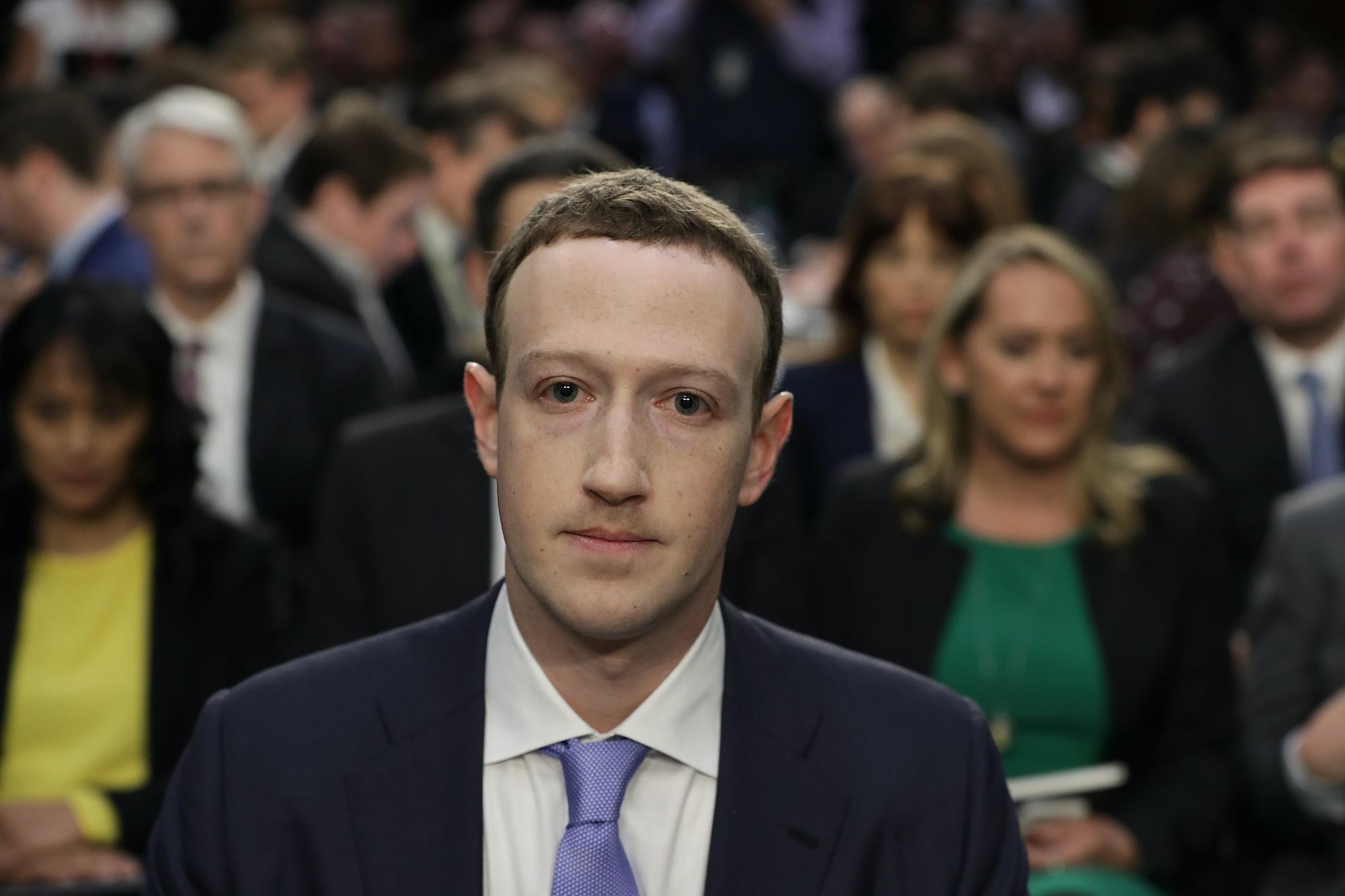Why is Facebook really taking action on political ads?
After resisting pressure, the social network has finally followed Twitter and Google – but that doesn’t mean the move will make a difference, writes James Moore


At a time when there are real concerns about the way Facebook has been used to influence elections, and with a US presidential poll looming, Mark Zuckerberg’s blasé response to the spread of toxic misinformation via his platform has attracted a torrent of criticism, and justifiably so.
Twitter has banned political ads and flagged tweets from President Trump as “potentially misleading”. Google has imposed restrictions to prevent “micro-targeting” of voters based on their political affiliation, and tightened its policy on “demonstrably false” claims.
Facebook? “Paid for by” disclaimers on ads while letting users see less of them if they’re sufficiently motivated to alter their settings – and if they’re aware that they can do so.
But wait, what’s this? The company says it’s now going to allow users to turn off all social issue, electoral and political ads from Facebook products. And there’s more: a voter registration drive, “the largest voting information effort in US history”. Company mouthpiece and the former deputy prime minister Nick Clegg (remember him?) even popped up to say that some of Trump’s ads have been taken down by the social network.
Is this a change of heart? A corporate social responsibility overhaul with a view to cleaning up the democratic process? OK, OK, making it a little bit less dirty.
Well, let’s see. It isn’t hard to see where the problems are with the initiative.
It’s laudable to be encouraging people to go out and vote. But the benefits are questionable if you’re going to allow political actors to pump those who live in “swing” zip codes full of a toxic mix of lies, misinformation and rattlesnake venom, at least if they don’t proactively say no thanks very much.
That applies to both sides, by the way.
Some people may indeed chose to block it all out because they really don’t want to consume political spin when they’re telling the world they’ve broken their record on Candy Crush, or whatever game they like to play, if they’re aware that the facility is available.
That’s the big if. So, yes, it isn’t hard to see the holes in the initiative.
Big brother Google is by no means perfect. But to date it has done better.
That said, there is an important point here: the announcement does prove Facebook can be moved; that the mammoth is maybe capable of having its trunk tweaked if sufficient numbers of insects are willing to fly nearby and buzz a lot.
That matters because Facebook is a gigantic and, yes, monopolistic entity. Fed up with Apple? You can always swap your Mac for a PC. That sort of pressure barely applies to Facebook – which also owns Instagram, WhatsApp, etc – at least not in the west. There isn’t an Applebook or a Microsoftbook you can jump across to if Facebook annoys you. Your only option is to #DeleteFacebook, and that can be hard for people to do given the way it has inveigled its way into their lives.
It’s where most Americans get the bulk of their news. It’s also used to keep up with family and friends, which has been particularly important (and valuable) during lockdown. They have both highlighted the benefits Facebook can provide and served to extend its tendrils.
Small wonder that the shares are ahead by more than 20 per cent over the past 12 months, leaving the company valued at a touch under $700bn (£559bn).
Those benefits are put in the shade by the ease with which Facebook has been used to influence the democratic process in a profoundly unhealthy way. The company’s relationship with power is also discomforting.
Writing in the FT recently, Rana Foroohar argued that Zuckerberg has become a modern US oligarch, cleaving to power to protect his company’s bottom line in a morally questionable manner.
That, right now, means cleaving to Trump, and it isn’t hard to make the case that Facebook would have an easier ride of it under the incumbent.
A Democrat-controlled administration could be a mite less friendly towards the social network.
The chances of that appear to be improving, certainly if Joe Biden maintains his handy lead in the polls. Although, as the election that brought Trump to power demonstrated, you wouldn’t want to be making predictions at this stage.
But might that explain the latest initiative? Should we look at the admittedly limited moves to regulate the use of its platforms for political messaging through that lens? Is this Facebook being careful to hedge its bets? Or am I just being a terrible old cynic?
I’ve spent many years watching the behaviour of large corporations. What I’ve learned is that cynicism is justified more often than not.
Join our commenting forum
Join thought-provoking conversations, follow other Independent readers and see their replies
Comments
Bookmark popover
Removed from bookmarks